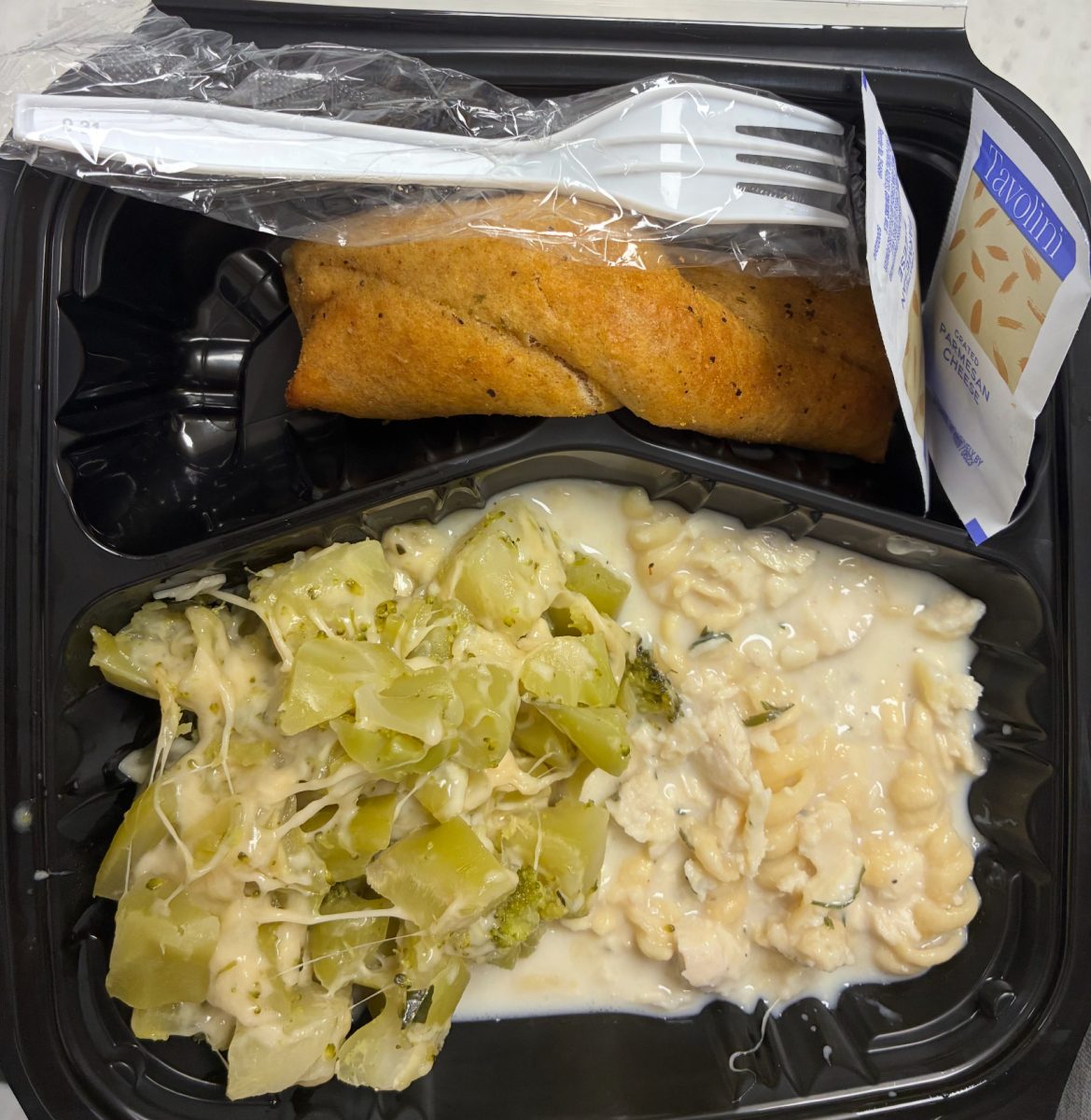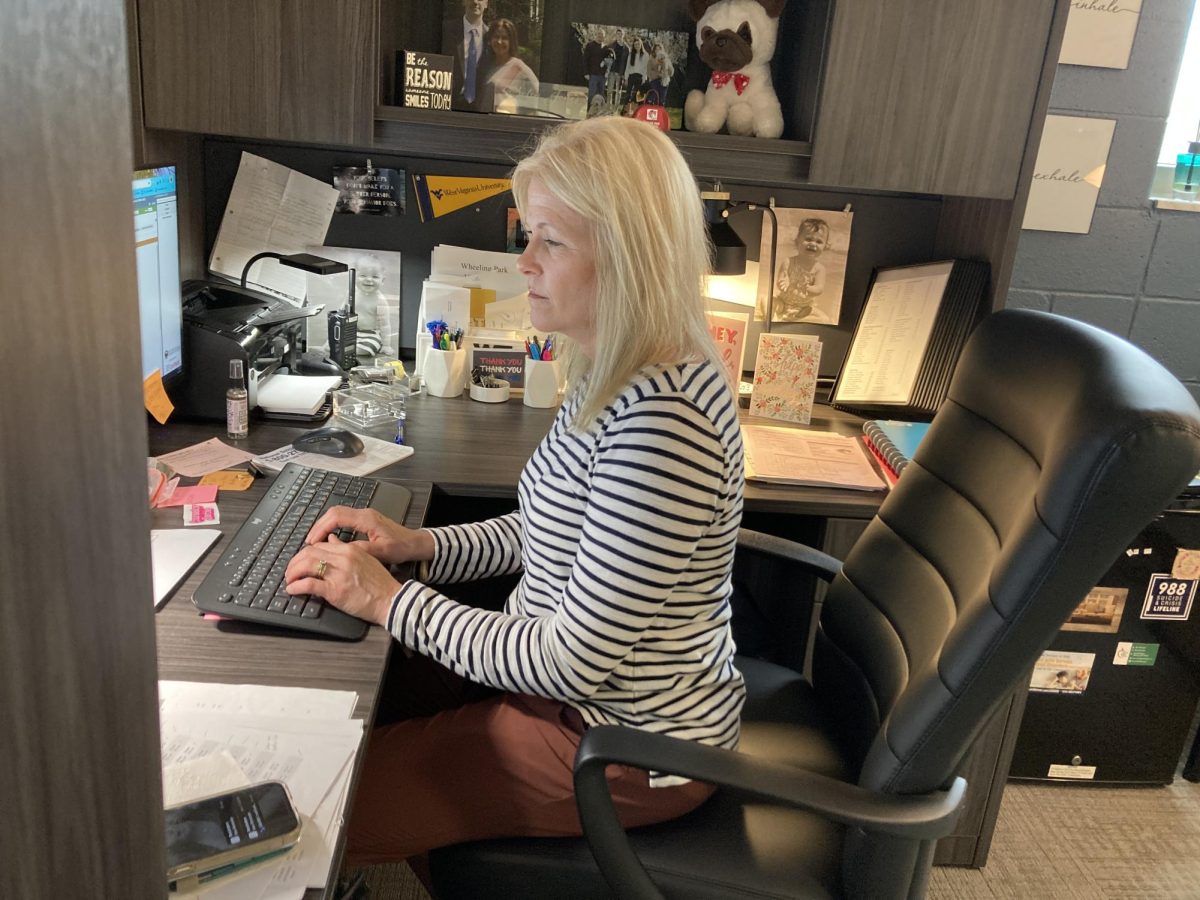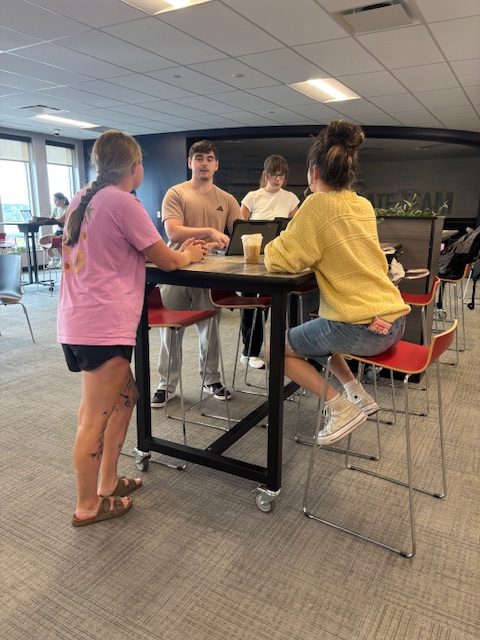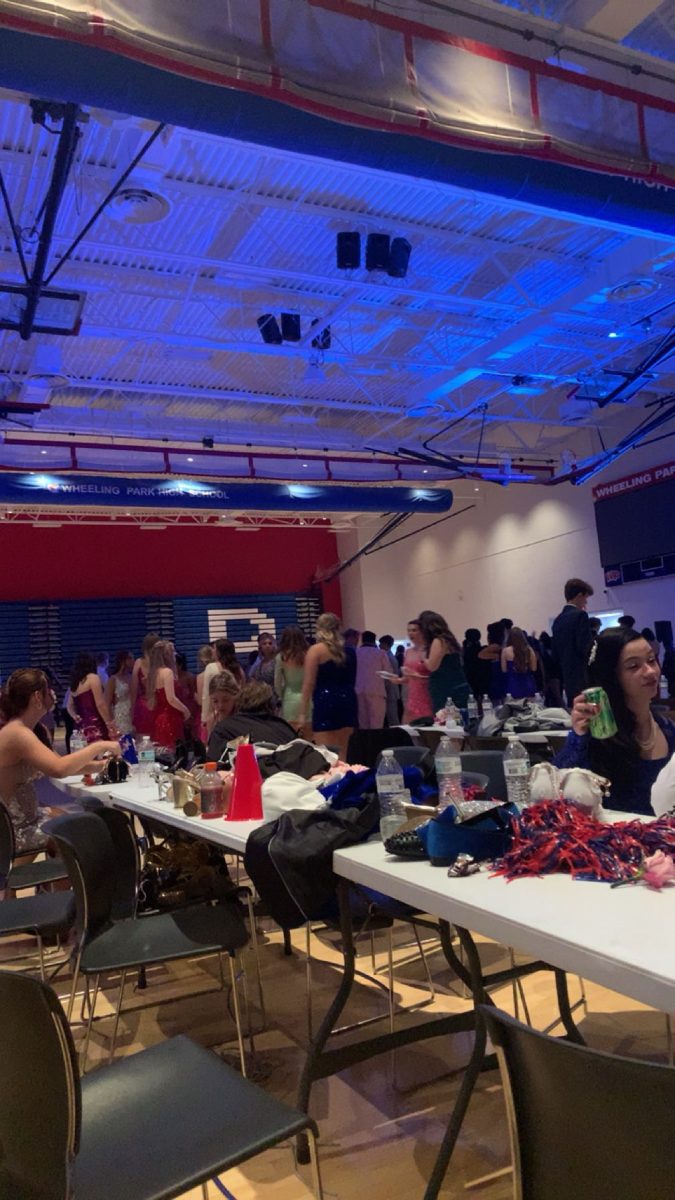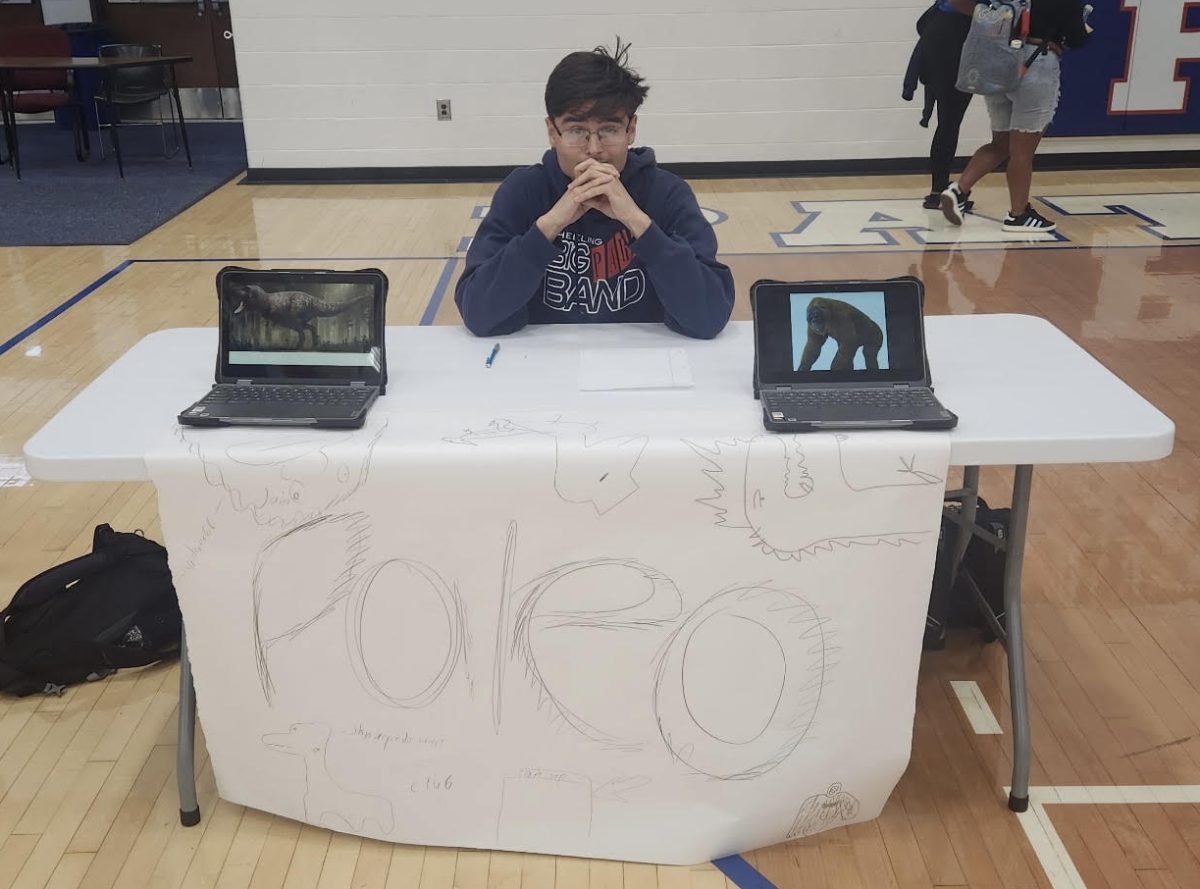Wheeling Park High School nutrition staff has acknowledged possibly unsafe aspects of school lunches and aims for a more organic future. As new technologies are being introduced to school foods, this leaves uncertainty as to what the long term effects may be. Foods being cooked in plastic bags and genetically modified products continue to become more common in the lunchroom. This may leave an opportunity for microplastics to cohere to the food.
According to The National Center for Biotechnology Information, “Microplastics are easily ingested due to their micro-level sizes…Various examples of damage caused by microplastics have been reported, such as microplastic accumulation in the bodies of marine and aquatic organisms (leading to malnutrition), inflammation, reduced fertility, and mortality.”
Melissa Mikes has been a cafeteria employee for seven years, and she informs us the way that select foods are being made and served during meals.
“If it is served in a bag, like a pizza, then it comes that way. It’s frozen and then we just put it in the oven to warm it up,” said Mikes.
Plastic should not be found in everyday lunches that hundreds of students eat regularly. The Director of Child Nutrition and Wellness, Renee Griffin, plans to make meals more organic in the future.
“I’d like us to be able to cook some more things from scratch than we even do now,” said Griffin, “certainly we would never want to be serving something that we know could cause harm, however we rely on our food companies…we only utilize things that are cooked in heatable bags when they tell us ‘yes, they’re ok’.”
Griffin explained the difficulty between the ability to serve homemade meals from scratch, when it is more attainable for staff to heat pre-made meals for such a large student body. That said, Griffin still wants to prioritize organic and nutritious foods rather than bag-cooked meals. Having to trust companies’ pre-packaged lunches over organic, handmade meals is a struggle with such a large student population.
Although having access to food is valuable for students, eating heavily processed meals cooked in bags can deter students from choosing a hot meal. Senior class president Taylin Holt explains that if companies change the plastic packaging, it may make meals more appealing to students.
“I think switching to more effective ways of packing lunches would positively affect us in the future, because it would eliminate a ton of risks that come with a lot of different plastics and things that could be found in our food,” said Holt.
Holt’s perspective as a student shows us the importance of safe packaged foods to the people that are consuming it. As more students become aware of what they are ingesting, it is important to strive for a plastic free future.
Environment America also explains, “food companies must also do their part to reduce plastic packaging and address this growing problem.”
By switching packaging to other containers, not including plastic, it will help reduce plastic waste and it will improve the overall digestive health of students around America.
Organic and nutritious foods are so incredibly important in school settings, because for some students, what they eat at school may be the only nutritious foods that they get within an entire day. With large, nationwide companies using harmful packaging for school food, it can not only deter students from eating certain foods, but it may also affect their future health due to the microplastics they may be ingesting. Wheeling Park’s team of nutritionists are doing what they can to further improve the amount of organic foods found in the cafeteria, beyond fruits and vegetables. With more meals from scratch and different, more nutritional pre-packaged meals, Park students will develop healthy eating habits for the future, and for the rest of their lives.


